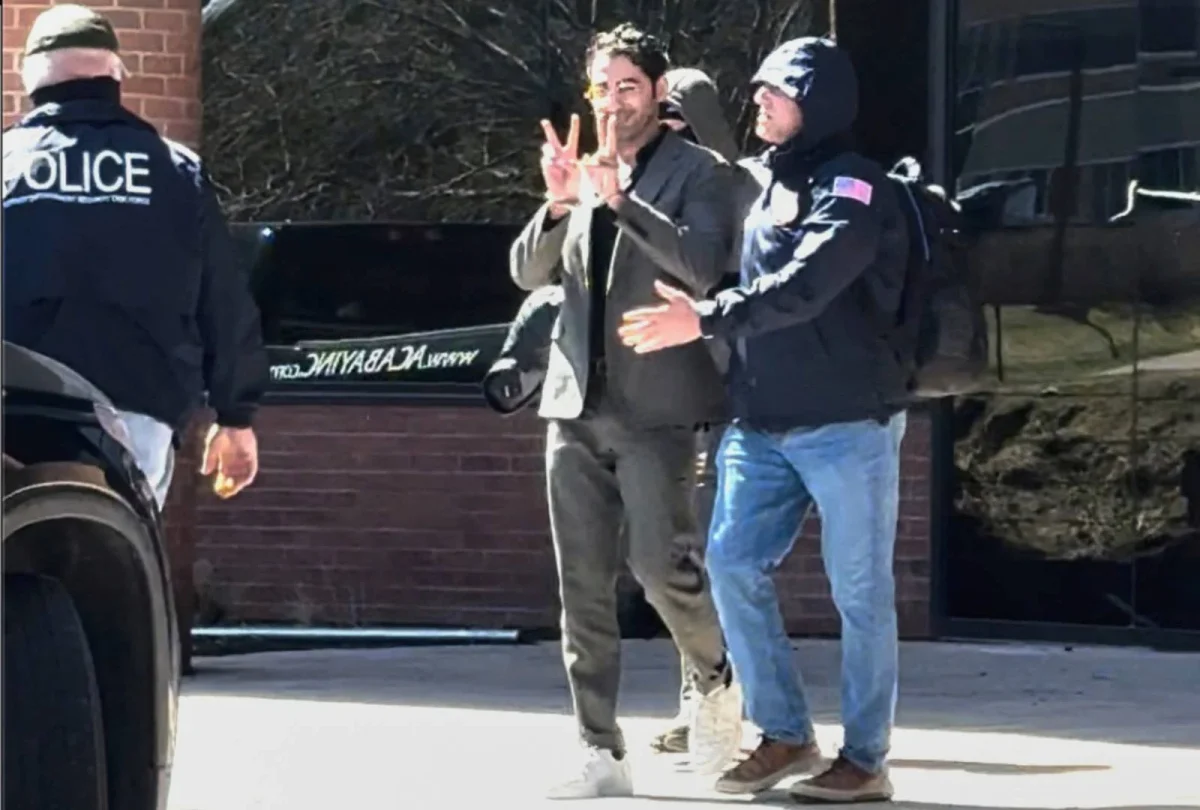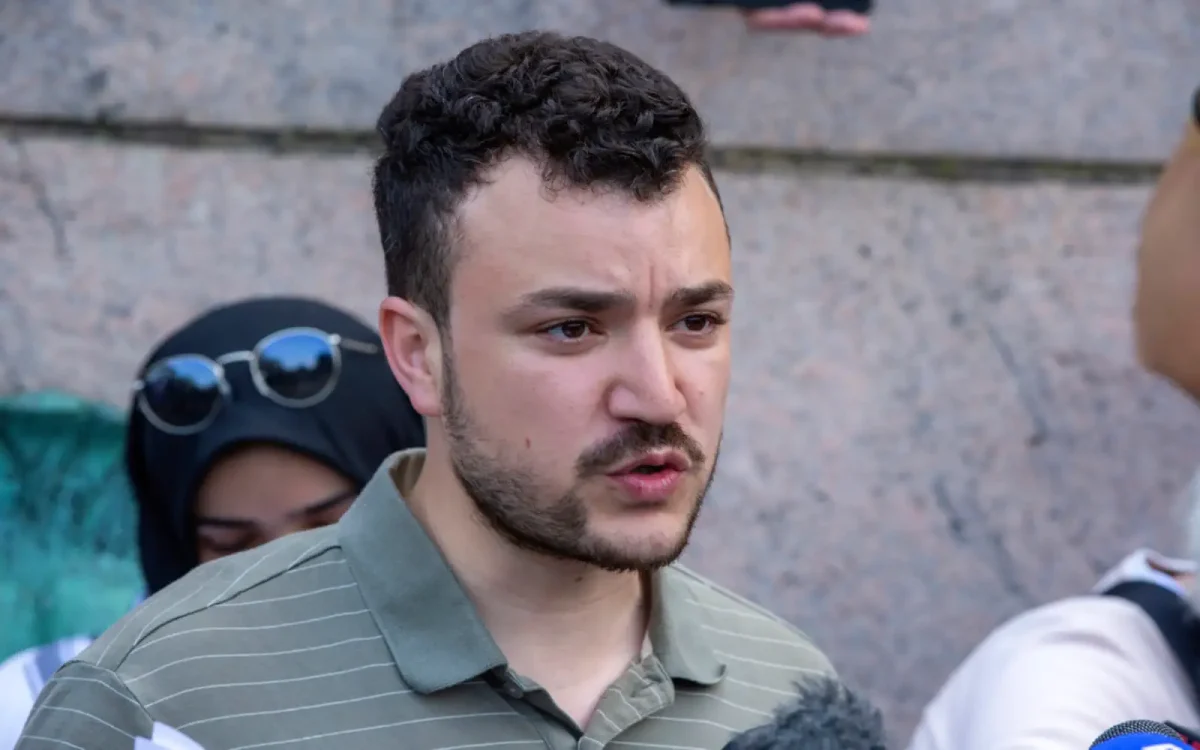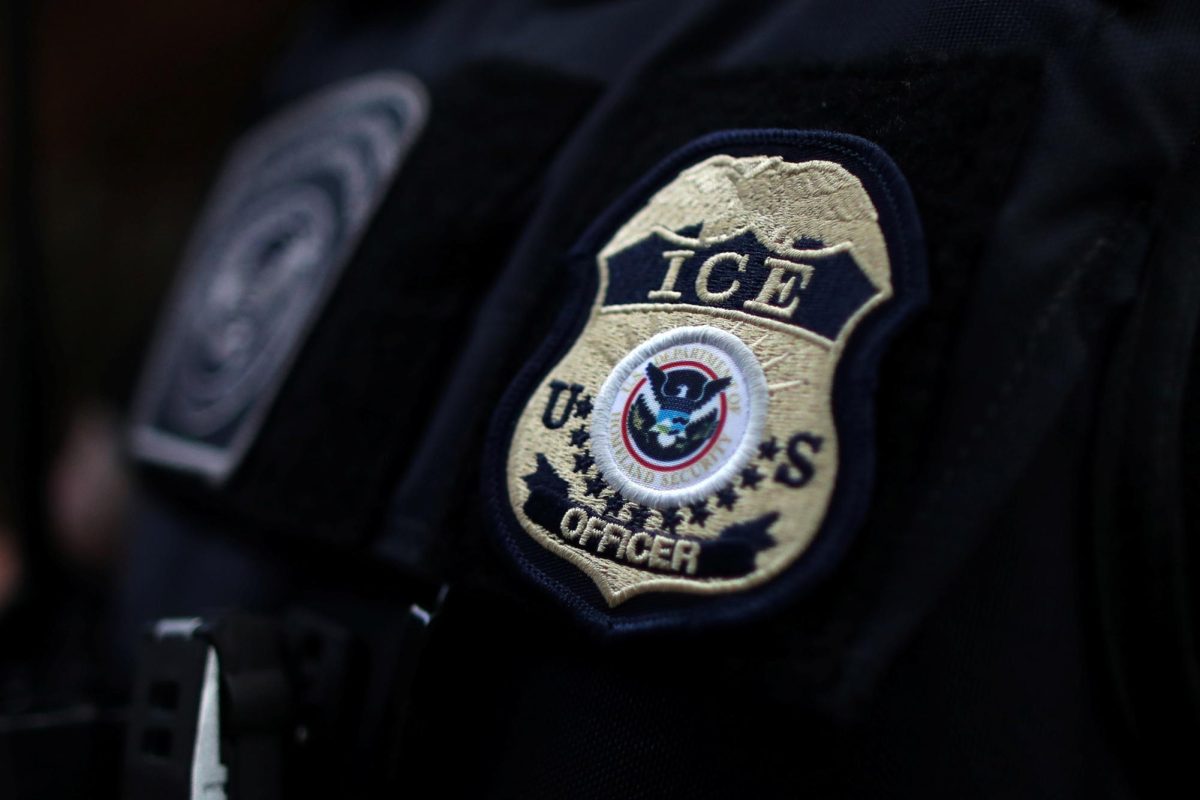Image from Creative Commons
On Aug. 15, former President Donald Trump faced an indictment regarding the case of the 2020 Georgia election rigging. Trump, along with 18 other co-defendants, face numerous charges for their involvement, with it totaling out to 135 against them all. The case is incredibly broad, including activity spanning from over two years ago. This activity primarily focuses on numerous schemes and efforts to overturn Trump’s election loss in Georgia. The indictment details these schemes and who faces what charges. These are some of the major charges Trump faces.
Months after his Georgia loss, Trump, alongside six other co-defendants, attempted to convince officials that they could oppose the results of the election without breaking the law. The indictment points to false statements made in a court filing and to the special grand jury to back up these claims.
Trump and 10 other co-defendants were also charged with scheming to appoint an alternate slate of electors. This idea was first pitched by attorney Kenneth Chesebro who faces charges as well. A letter was written to Trump’s designated electors to conduct a meeting where they could certify themselves as legitimately elected. Involvement in this scheme resulted in other charges paired with the primary one, including forgery and impersonating a public officer.
Trump and his former chief of staff, Mark Meadows, were both charged for participating in phone calls meant to pressure state officials to overturn Georgia’s election results. Trump personally made a call to Georgia Secretary of State, Brad Raffensperger, and pressured him to “find” the votes necessary to overturn Biden’s victory in the state. The call was recorded and Trump hasn’t denied the authenticity of the recording. He went on to stand by what he said, summarizing the conversation with, “You owe me votes because the election was rigged.”
The 98-page indictment goes in-depth with the numerous other charges Trump and his allies face, the main focus being the violation of Georgia’s RICO (Racketeer Influenced and Corrupt Organizations Act) Law. Georgia’s RICO Law is more expansive than the federal RICO Law, granting prosecutors the ability to attach various alleged crimes under one criminal prosecution. This means that Trump’s charges of forgery, scheming to appoint an alternate slate of electors, false statements and writings, conspiracy to defraud the state, impersonation of a public officer and pressuring state officials, amongst the other crimes, are all attached and combined into one charge that could carry a 20-year prison sentence. His trial will take place on March 25, 2024, there’s a chance the date could be moved.
This criminal indictment marks his fourth this year. The previous indictments regard falsifying business records to hide an alleged affair during his 2016 presidential campaign, hiding classified information and lying about it, plotting to overturn the 2020 election and events leading up to the Capitol riot on Jan. 6, 2021, and defaming E. Jean Carroll, a woman he was found guilty of sexually abusing, by calling her “a whack job” a day after the jury reached the verdict. His trials for these indictments will all coincide with his 2024 presidential campaign.
Trump has ultimately pleaded not guilty to his charges and has promised to fight against them while claiming to be a victim of a “weaponized justice system.” He’s also been using his run-ins with the law to fuel his ongoing presidential campaign, getting his supporters to raise millions of dollars to cover legal costs through crowdfunding and selling t-shirts and mugs with his mugshot on them. Many high -profile conservatives such as Rep. Marjorie Taylor Green, Ben Shapiro and South Carolina Senator Lindsey Graham have shown him support, and even rappers such as YG and Chief Keef have publicly endorsed him.
Regardless of his total of 91 felony charges coming from four different jurisdictions, he remains the dominant frontrunner in the 2024 GOP. Advocacy groups are attempting to have Trump’s name removed from the state ballot, citing his alleged role in the Capitol riot of 2021 as a breach of section three of the 14th Amendment, but it’s almost certain that the primarily conservative Supreme Court would not prevent him from receiving votes towards the presidency.






